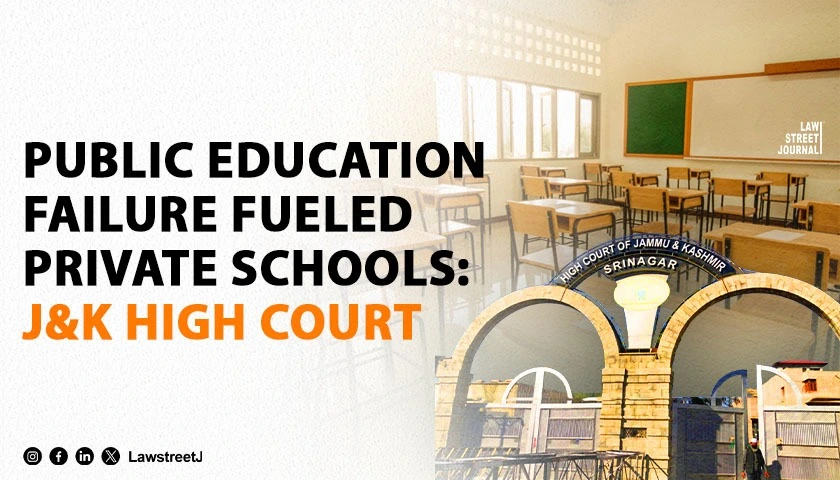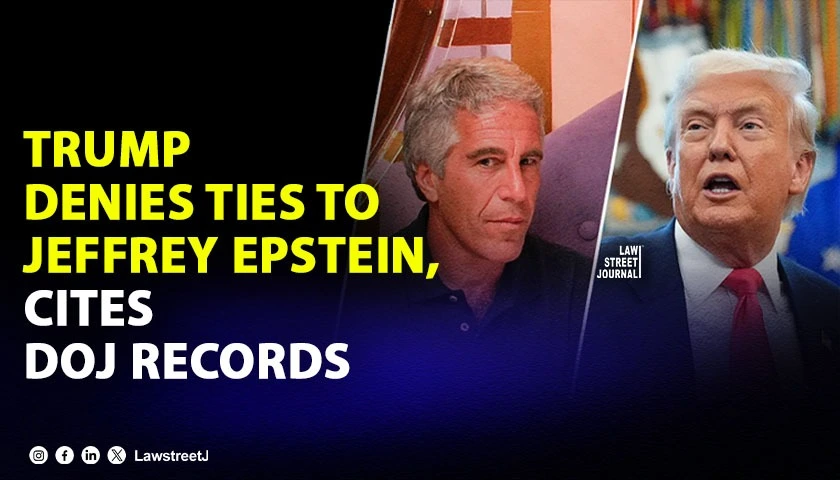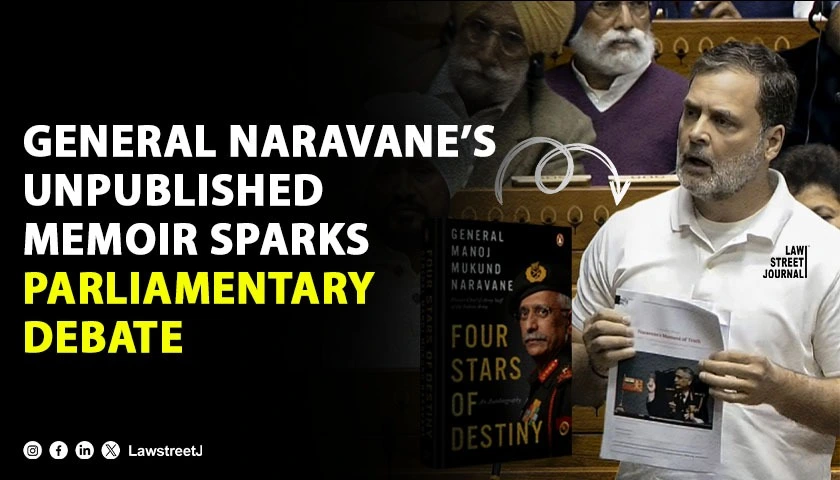New Delhi: The Supreme Court of India has delivered a significant directive allowing the release of a vehicle seized in connection with an NDPS case with a reduced surety bond, emphasizing the importance of balancing property rights with judicial requirements.
Justices Dipankar Datta and Manmohan made crucial observations on the rights of vehicle owners whose property becomes involved in criminal investigations despite their non-involvement in the alleged offenses.
The Court was hearing a criminal appeal filed by Tarun Kumar Majhi. It noted, “The present appeal has been filed by the appellant challenging the impugned judgment and order dated 15th July 2024 passed by the High Court at Calcutta in C.R.R. No. 1439 of 2021, by which the High Court directed furnishing of a surety bond of Rs. 6,00,000/- for the release of the vehicle, i.e., Hyundai Xcent, belonging to the appellant.”
Addressing the specific circumstances of the seizure, the Court observed, “The aforesaid vehicle, owned by the appellant-advocate, was seized in 2017 in connection with the investigation of a case registered as Nandanghat P.S. Case No. 180 of 2017 on 15th July 2017 under Sections 20(b)(ii)(C) and 29 of the Narcotic Drugs and Psychotropic Substances Act, 1985.”
The Court highlighted the appellant’s non-involvement in the case, stating, “Though the name of the appellant was initially mentioned in the First Information Report (FIR), he was discharged from the case during the investigation in 2017 itself, based on the specific statement of the Investigating Officer before the Trial Court. However, the appellant’s car has remained in police custody as alamat of the case.”
Detailing the case history, the Court noted, “The learned Special Judge (NDPS), 3rd Court, Burdwan, West Bengal, in Special (NDPS) Case No. 34 of 2017, acquitted four of the five accused persons on 23rd December 2020. The trial against the fifth accused is yet to commence, as he is absconding.”
The Court also considered the submissions of the appellant. “Ms. Paromita Majumdar, learned counsel for the appellant, submitted that since the appellant was exonerated during the investigation in 2017, the vehicle should have been released unconditionally. She further submitted that the current value of the vehicle does not justify the imposition of a surety bond of Rs. 6,00,000/-.”
The Court emphasized compliance with legal principles, stating, “It is settled law that seized vehicles can be confiscated by the Trial Court only upon conclusion of the trial, when the accused is either convicted, acquitted, or discharged.”
Referring to its recent judgment in Bishwajit Dey vs. The State of Assam (Criminal Appeal No. 87 of 2025), the Court observed, “There is no specific bar/restriction under the NDPS Act against the interim release of any seized vehicle.”
Issuing a specific directive, the Court stated, “Since the respondent-State is unable to provide a definitive timeline for the conclusion of the trial against the fifth accused, this Court directs the Trial Court to release the vehicle in question after preparing video and still photographs, subject to the appellant furnishing a surety bond of Rs. 2,10,000/- in place of Rs. 6,00,000/-.”
The Court further remarked that it would be unfair to compel the appellant to retain ownership of the vehicle until the conclusion of the trial. Therefore, it clarified that there shall be no restriction on the sale or transfer of the vehicle. However, it added that if the Trial Court ultimately orders confiscation of the appellant’s vehicle, the appellant shall be liable to pay Rs. 2,10,000/-—the amount the State would have recovered had the vehicle been sold.
Appearing for the appellant was Ms. Paromita Majumdar, Advocate-on-Record, along with Mr. Pinak Mitra, Mr. Jayant Rao, and Ms. Meenakshi Vimal, Advocates. On behalf of the State of West Bengal, Mr. Kunal Chatterji, Advocate-on-Record, appeared along with Ms. Maitrayee Banerjee and Mr. Rohit Bansal, Advocates.
Case Title: Tarun Kumar Majhi vs. The State of West Bengal
















